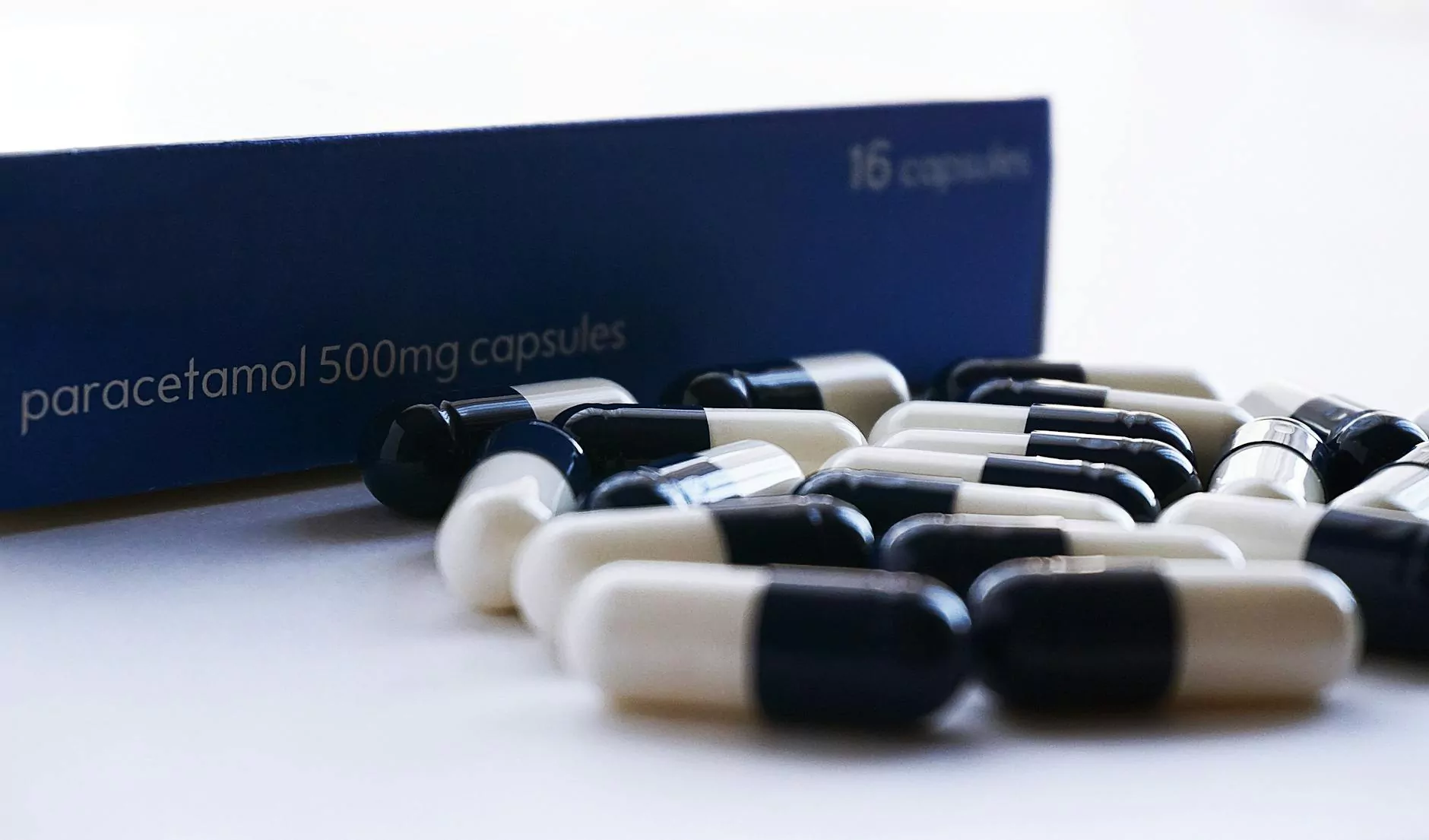Understanding Vitamin B12 Deficiency: Essential Self-Care Tips

Vitamin B12 plays a crucial role in maintaining overall health, particularly with regard to energy levels, neurological function, and red blood cell production. However, a deficiency in this vital nutrient can lead to a variety of health issues. This article aims to provide a detailed understanding of vitamin B12 deficiency, its causes, symptoms, and most importantly, effective self-care strategies to combat this condition.
What is Vitamin B12?
Vitamin B12, also known as cobalamin, is a water-soluble vitamin that is integral to numerous bodily functions. It is essential for:
- DNA synthesis
- Red blood cell formation
- Neurological function
- Energy production
Causes of Vitamin B12 Deficiency
Understanding the causes of vitamin B12 deficiency is key to preventing it. The primary causes include:
- Poor Dietary Intake: Individuals who follow a strict vegan or vegetarian diet may not get enough vitamin B12 since it is predominantly found in animal products.
- Malabsorption Disorders: Conditions such as pernicious anemia, celiac disease, and Crohn's disease can impair the body's ability to absorb vitamin B12.
- Medications: Certain medications, particularly those that decrease stomach acid, can affect vitamin B12 absorption.
- Age: Older adults may have reduced stomach acidity, leading to decreased absorption of vitamin B12.
Symptoms of Vitamin B12 Deficiency
The symptoms of vitamin B12 deficiency can vary and may develop gradually. Common symptoms include:
- Fatigue and weakness
- Pale or jaundiced skin
- Heart palpitations
- Nerve problems: Tingling and numbness
- Cognitive disturbances: Memory loss and difficulties with balance
Diagnosis of Vitamin B12 Deficiency
If you suspect you have a deficiency, it is important to consult a healthcare professional. They may conduct:
- Blood tests: To check levels of vitamin B12, folate, and methylmalonic acid.
- Medical history review: To identify symptoms and dietary habits.
Self-Care Strategies for Vitamin B12 Deficiency
Once diagnosed, implementing self-care strategies can significantly improve your vitamin B12 levels. Here are key self-care tips:
1. Adjust Your Diet
Incorporating rich dietary sources of vitamin B12 is paramount. Consider including the following foods in your diet:
- Animal Products: Beef, liver, poultry, fish (especially trout, salmon, and tuna), eggs, and dairy products.
- Fortified Foods: Check labels for cereals, plant-based milk, nutritional yeast, and meat substitutes fortified with vitamin B12.
2. Consider Supplements
If dietary changes are insufficient or impractical, you might need to consider supplements. Talk to your healthcare provider about:
- Oral supplements: Available in various forms including pills and sublingual (under the tongue) tablets.
- Injections: For those with absorption issues, B12 injections may be the most effective method of restoring levels.
3. Regular Monitoring
After beginning any self-care regimen, regular monitoring is essential. Schedule follow-up appointments with your healthcare provider to:
- Assess improvements in symptoms.
- Monitor B12 levels through blood tests.
4. Educate Yourself
Knowledge is empowering. Familiarize yourself with:
- The importance of vitamin B12 and its functions in the body.
- Potential dietary sources and how to incorporate them into your meals.
5. Lifestyle Adjustments
Making some lifestyle adjustments can also support your overall health:
- Regular Exercise: Physical activity can help reduce fatigue and boost energy levels.
- Stress Management: Techniques such as mindfulness and meditation can enhance well-being, which is essential when dealing with health issues.
- Stay Hydrated: Drinking plenty of water aids overall health and energy levels.
Conclusion
Vitamin B12 deficiency is a serious health concern that can significantly impact your quality of life. However, through understanding its causes, recognizing symptoms, and implementing effective self-care strategies, you can take control of your health. Remember that making informed dietary choices, considering supplementation when necessary, and maintaining regular check-ups with healthcare professionals are crucial steps in overcoming this deficiency.
Invest in your health today, and don’t hesitate to reach out to a healthcare provider for personalized advice tailored to your specific needs. By prioritizing your well-being, you can lead a healthier, more energetic life.
vitamin b12 deficiency self-care








